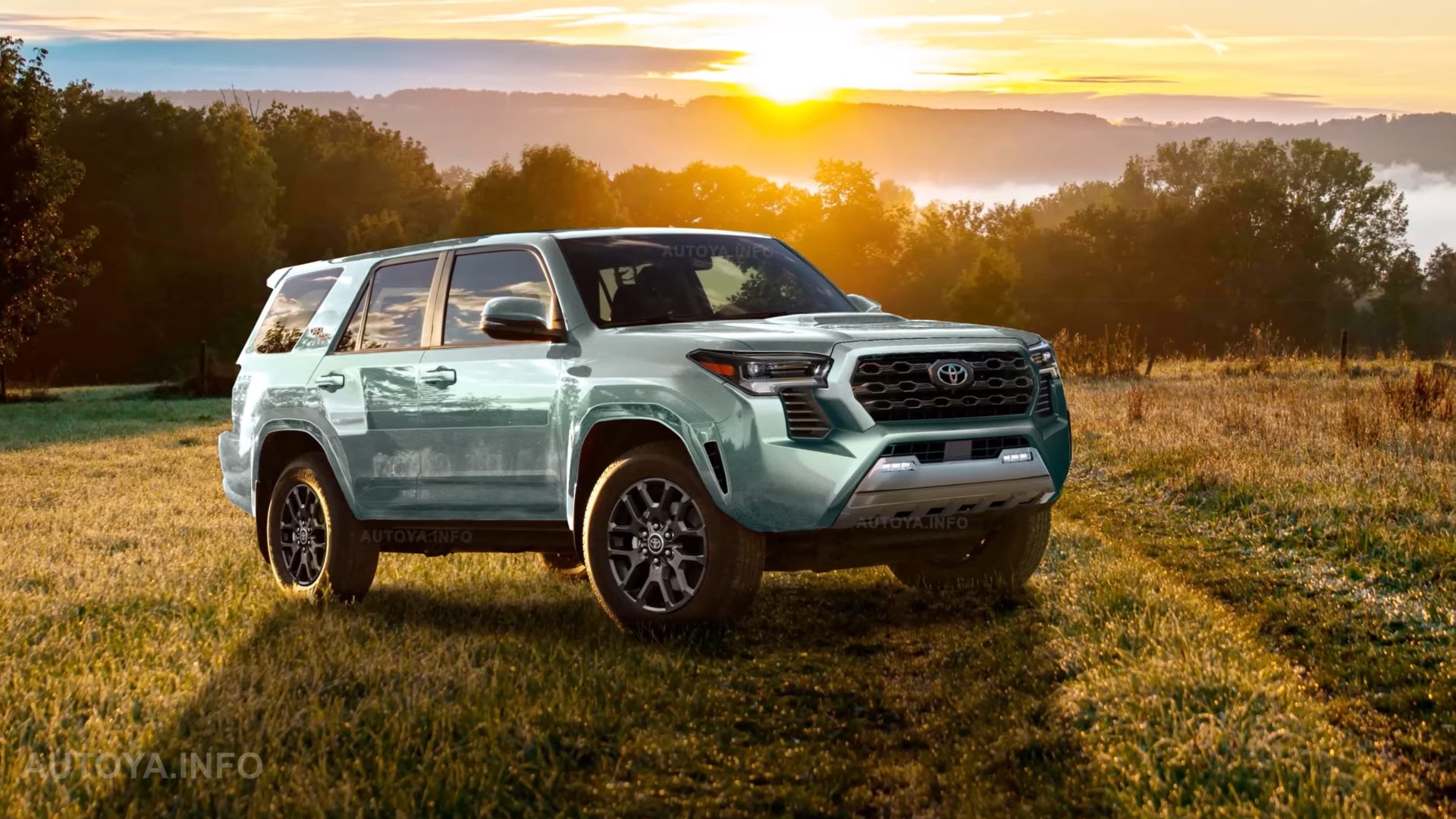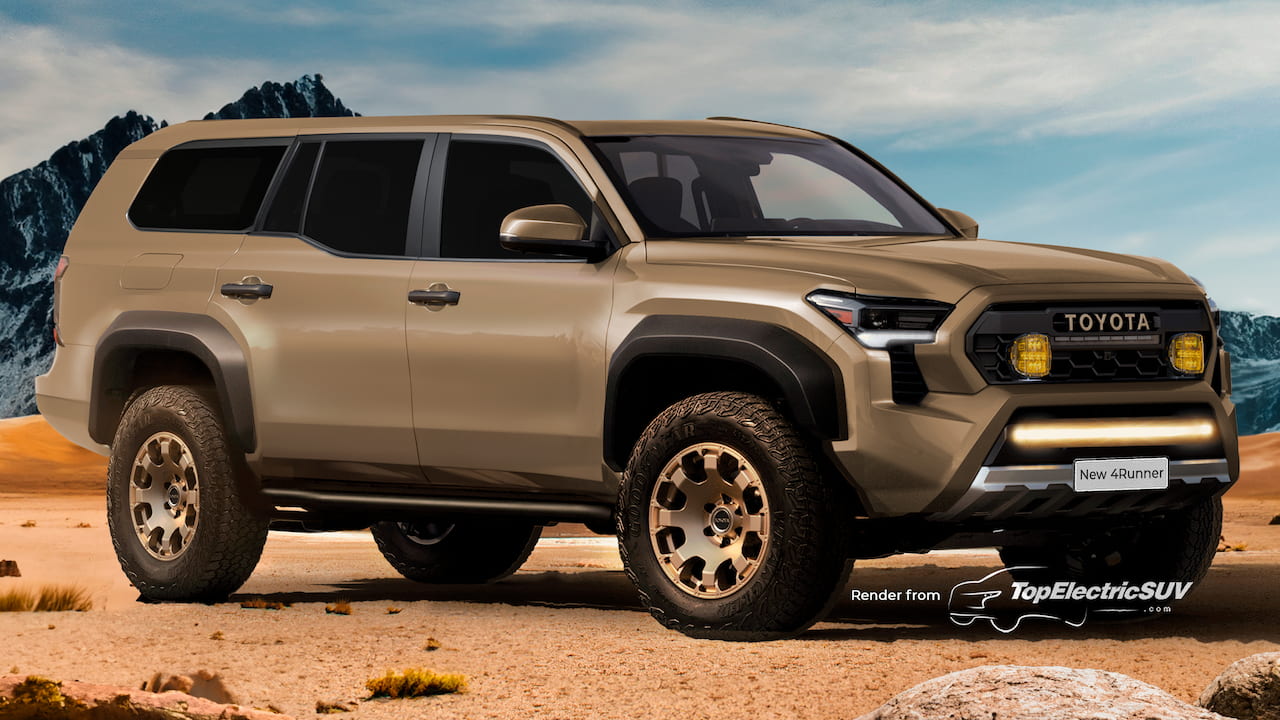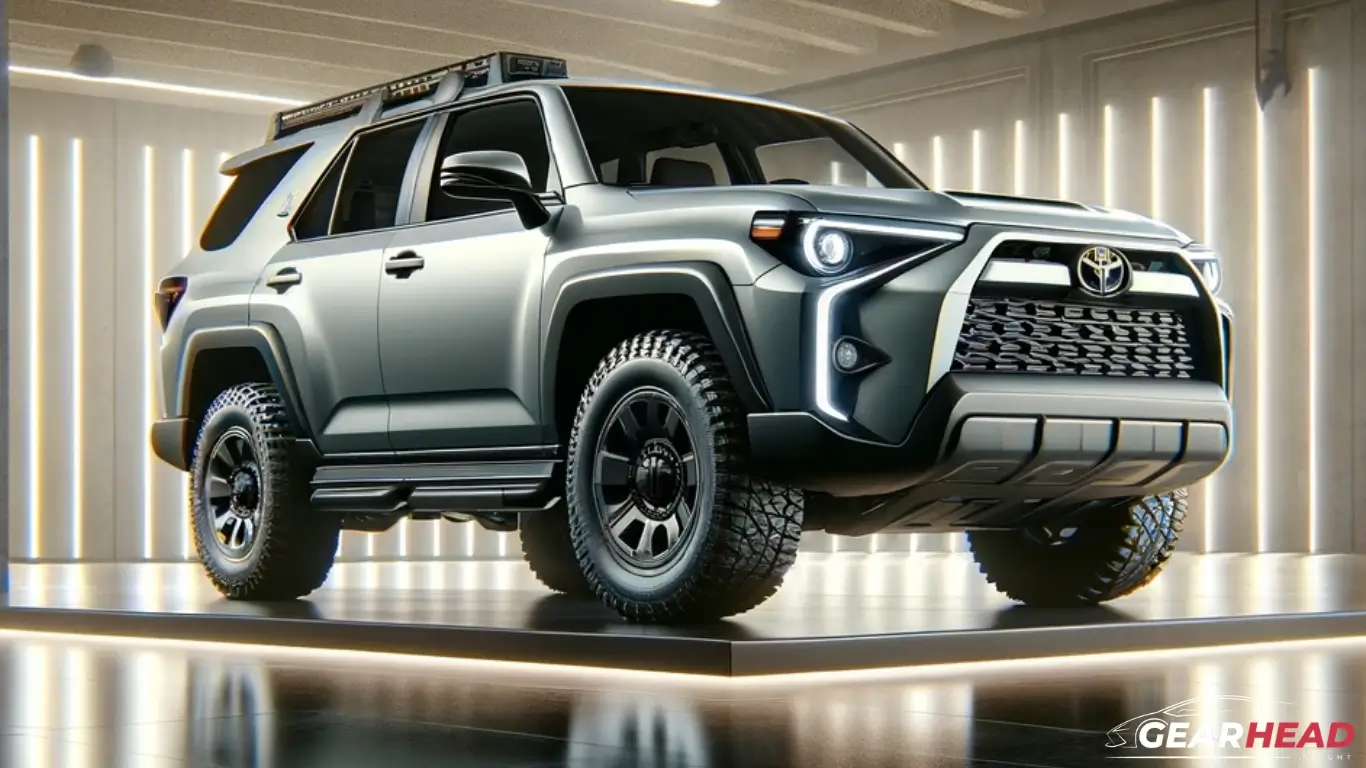The 2025 Toyota 4Runner: A Gas-Guzzler With Staying Power?
By admin / June 22, 2024 / No Comments / 2025

The 2025 Toyota 4Runner: A Gas-Guzzler With Staying Power?
The Toyota 4Runner, a perennial favorite among off-road enthusiasts and families alike, is a vehicle steeped in tradition. Known for its rugged build, reliable performance, and unwavering capability, the 4Runner has weathered the changing automotive landscape with a steadfast commitment to its core values. But with the industry shifting towards electrification and fuel efficiency, the future of the gas-powered 4Runner remains a topic of intense speculation.
This article delves into the potential gas type for the 2025 Toyota 4Runner, exploring the factors influencing the decision and analyzing the implications for the iconic SUV.
The Hybrid Dilemma: Balancing Performance and Efficiency
The 2025 4Runner’s gas type is a complex puzzle with no easy answers. While Toyota has made significant strides in hybrid technology, the 4Runner’s traditional off-road focus presents unique challenges.
Arguments for a Hybrid Powertrain:
- Improved Fuel Efficiency: Hybrid technology can dramatically reduce fuel consumption, a crucial consideration in the face of rising gas prices and environmental concerns.
- Enhanced Performance: Hybrid systems can provide an instant boost of power, making the 4Runner even more capable on challenging terrains.
- Reduced Emissions: Hybrids produce significantly lower emissions, aligning with Toyota’s commitment to sustainability.
- Potential for Electric-Only Mode: A hybrid system could enable limited electric-only driving, further enhancing fuel efficiency and reducing emissions.
Challenges of a Hybrid 4Runner:
- Weight and Complexity: Adding hybrid components can significantly increase the 4Runner’s weight, potentially impacting its off-road performance and agility.
- Battery Range and Charging Infrastructure: While a hybrid system wouldn’t require extensive charging infrastructure, the battery’s range would likely be limited, affecting long-distance off-road adventures.
- Cost: Hybrid technology adds to the vehicle’s overall cost, potentially impacting the 4Runner’s affordability for its target audience.
- Off-Road Durability: The demanding conditions of off-roading could put stress on hybrid components, requiring robust design and engineering to ensure long-term reliability.
Sticking to the Formula: The Case for a Traditional Gas Engine
Despite the advancements in hybrid technology, the 4Runner’s core identity lies in its ruggedness, reliability, and affordability. A traditional gas engine could ensure these qualities remain intact.
Arguments for a Traditional Gas Engine:
- Proven Reliability: The 4Runner’s current gas engines have a long history of reliability, providing peace of mind for off-road enthusiasts.
- Simplicity and Durability: Traditional gas engines are simpler to maintain and repair, offering a distinct advantage in remote locations where specialized mechanics may be scarce.
- Cost-Effectiveness: A traditional gas engine is generally more affordable than a hybrid system, making the 4Runner more accessible to a wider range of buyers.
- Off-Road Performance: A gas engine provides consistent power delivery, ideal for demanding off-road scenarios where torque and responsiveness are crucial.
Challenges of a Traditional Gas Engine:
- Fuel Efficiency: Traditional gas engines are inherently less fuel-efficient than hybrids, impacting operating costs and environmental impact.
- Emissions: While advancements have reduced emissions, traditional gas engines still produce a significant amount of pollutants compared to hybrids.
- Potential for Future Regulations: Stricter emissions regulations and potential bans on internal combustion engines in the future could pose a challenge for the gas-powered 4Runner.
The 2025 4Runner: A Balancing Act
Toyota faces a difficult decision regarding the 2025 4Runner’s gas type. The company must balance its commitment to fuel efficiency and environmental responsibility with the 4Runner’s traditional values of ruggedness and affordability.
Potential Options:
- Hybrid with a Focus on Off-Road Capability: Toyota could develop a hybrid system specifically tailored for off-road use, emphasizing power delivery and durability over pure fuel efficiency.
- Mild Hybrid: A mild hybrid system, offering a modest boost in fuel economy without significant complexity or weight increase, could be a viable option.
- Traditional Gas Engine with Efficiency Enhancements: Toyota could optimize its existing gas engines for improved fuel efficiency through advanced technologies like direct injection and variable valve timing.
The 2025 4Runner: A Window into the Future of Off-Road Vehicles
The 2025 4Runner’s gas type will have significant implications for the future of off-road vehicles. If Toyota opts for a hybrid powertrain, it could signal a shift towards electrification in the segment. However, a traditional gas engine would indicate a continued commitment to the 4Runner’s core values.
Regardless of the gas type, the 2025 4Runner will need to address the evolving demands of its target audience. This includes:
- Advanced Safety Features: The 4Runner will likely incorporate a suite of advanced safety features, including adaptive cruise control, lane departure warning, and automatic emergency braking.
- Connectivity and Infotainment: The 4Runner will need to offer a user-friendly infotainment system with advanced connectivity features like smartphone integration and over-the-air updates.
- Enhanced Off-Road Capabilities: The 4Runner will need to maintain its reputation for off-road capability, potentially incorporating features like advanced traction control systems and more sophisticated suspension technology.
The Verdict: A Wait-and-See Approach
While speculation abounds, the final decision regarding the 2025 4Runner’s gas type remains shrouded in secrecy. Toyota is likely carefully evaluating the market trends, consumer preferences, and technological advancements before making a final call.
The 2025 4Runner will be a significant milestone for the iconic SUV, potentially shaping the future of the off-road segment. Whether it embraces hybrid technology or stays true to its gas-powered roots, the 4Runner will undoubtedly continue to be a force to be reckoned with on and off the road.







